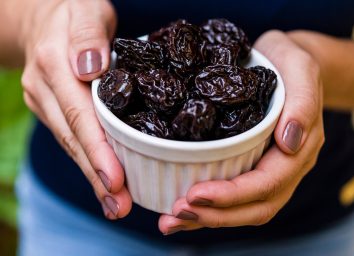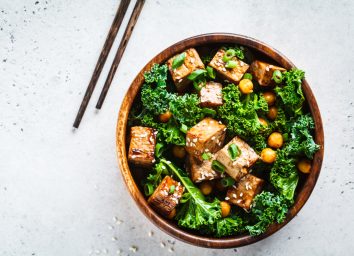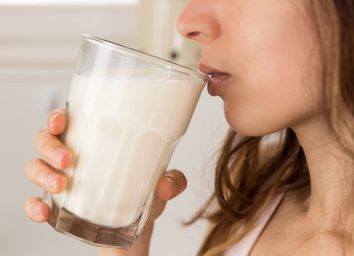The #1 Best Supplement for Preventing Bone Loss, Says Dietitian
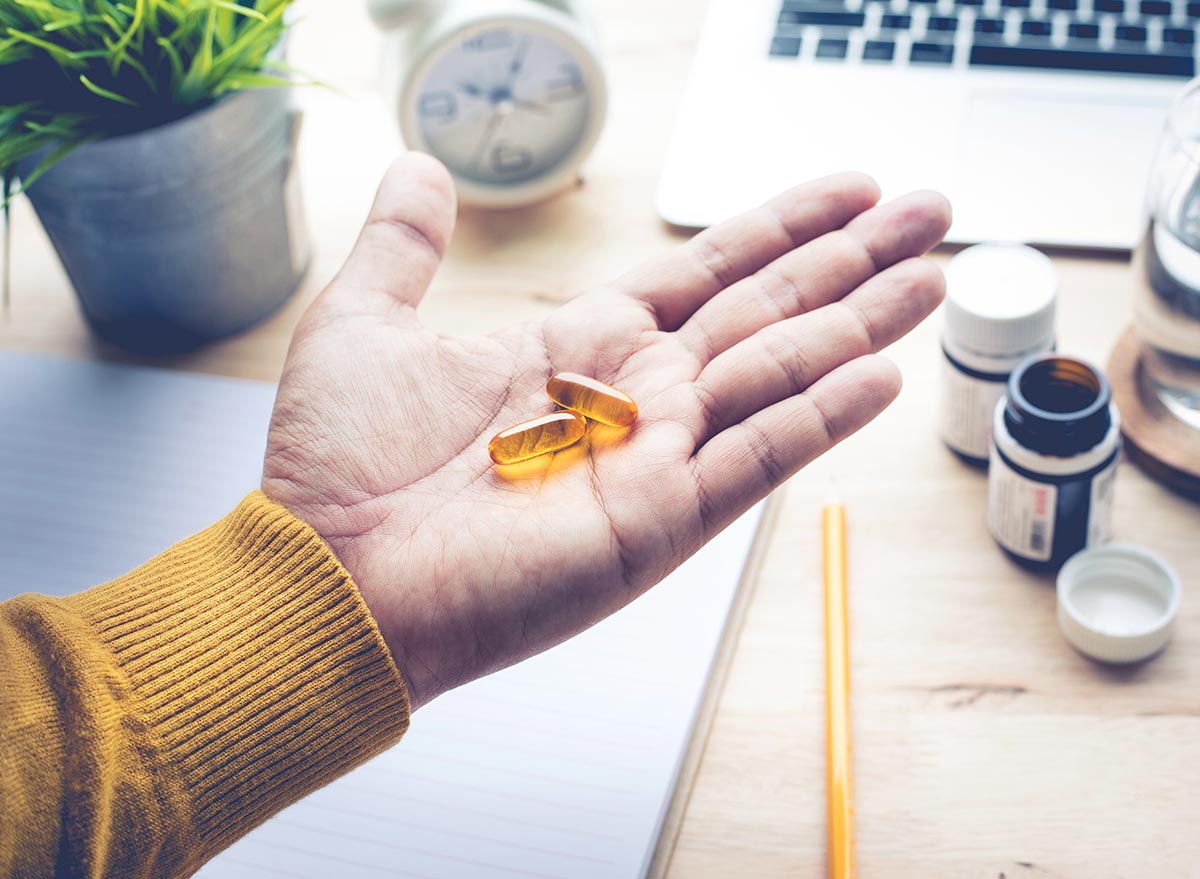
Weak and brittle bones, a condition caused by a degenerative disease called osteoporosis, affects more than 53 million people in the United States. Older postmenopausal women are at increased risk of osteoporosis and fractures due to bone loss because of estrogen deficiency.
Osteoporosis is such a worry of the aging population who fear hip fractures, back pain, and developing a stooped posture, that many people take calcium chews and supplement capsules in hopes of strengthening their bones.
But is this popular supplement the best to take for preventing bone loss? No, says Nancy Robinson, RDN, a 65-year-old who herself is fighting osteoporosis.
"While high calcium intakes have been recommended for years to prevent osteoporosis, there is insufficient evidence that high calcium consumption actually prevents fractures," says the owner of Food4Osteoporosis.
In fact, she says it may do harm. "There is not one single supplement that is most important and while calcium is important to healthy bones, it is not a magic bullet."
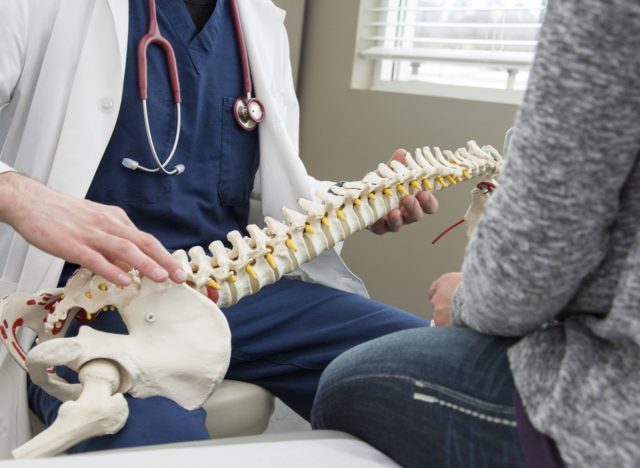
Studies show that populations consuming significantly lower calcium diets have fewer fractures than Western populations with high calcium intakes.
"Too much (calcium and vitamin D, another bone-building nutrient) can be just as bad for bones as not enough," says Robinson. "I find over-supplementing to be a bigger problem with my clients."
The need for supplementation depends on the individual and her or his diet. Some of Robinson's clients get all their nutrition from food, including calcium, and don't need supplements.
However, many Americans don't consume enough fatty fish, fortified dairy, or get inadequate sunlight exposure, which are the prime sources of vitamin D. So vitamin D deficiency is common amongst the population.
Robinson typically asks her clients to get a blood test for vitamin D from their doctors. The dietitian says she can determine likely deficiencies in the other important nutrients for bone health, namely boron, magnesium, vitamin K2 (a form of vitamin K involved in bone metabolism), and calcium, from a review of a client's diet history. For vegans, Robinson may recommend calcium-fortified foods or a supplement, often a multi-vitamin-mineral supplement since it can be difficult to get enough calcium K2, and B12 if they don't eat foods of animal origin.
When she was diagnosed with osteoporosis, Robinson decided to research nutrition for bone health in greater depth.
"I was surprised at how much, even as a dietitian nutritionist, I still had to learn about diet and osteoporosis," she says. "And I realized I had to share that info with others."
Skip supplements and look for nutrients.
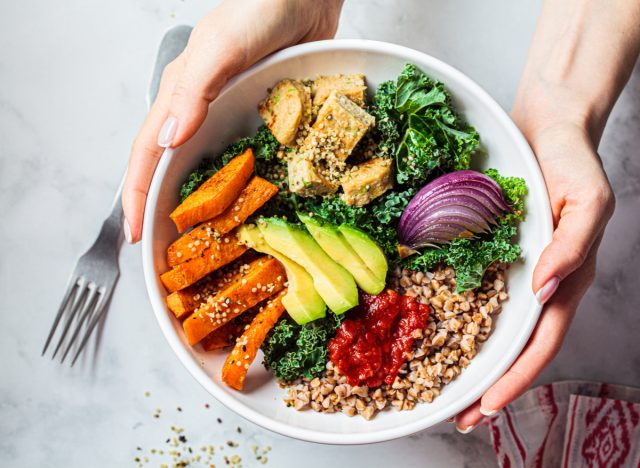
Robinson recommends boning up on your bone-strengthening nutrients through your diet and only taking supplements if you have difficulty getting certain key vitamins and minerals through your food. Here are her suggestions for supplementing with food:
- Boron: Fruits, leafy vegetables, nuts, legumes, avocados, raisins, peanut butter, prunes, and pecans.
- Calcium: "I really encourage plant-based calcium sources like kale and beans," Robinson says. "If you eat a lot of fruits and vegetables, they can make a significant contribution to your daily calcium needs." She also recommends kefir, yogurt, moderate amounts of cheese, and cow's milk, though she prefers clients to choose fermented dairy.
- Vitamin D: Robinson admits it's not easy to get this vitamin from a diet, but the top sources include salmon, tuna, sardines, egg yolk, fortified foods, and mushrooms if they are exposed to UV light in processing.
- Vitamin K2: Choose real cheese, not processed cheese, egg yolks, chicken, beef, and natto (fermented soybeans).
- Magnesium: Nuts, especially almonds, cashews and peanuts, leafy greens, vegetables, legumes, seeds, whole grains, and dark chocolate.
For some delicious plant-based recipes, check out 15 Ways to Make Your Favorite Meals Meatless.

